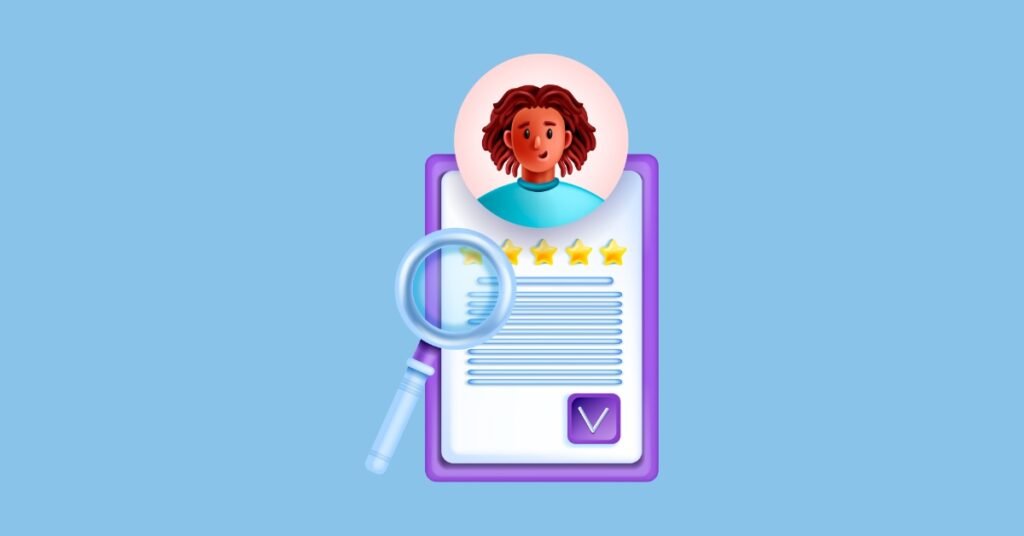Learn the key steps to obtaining a business license in New York, including business planning, registration, and complying with local and state regulations.
Table of Contents
Getting a business license in New York involves several steps, including registering your business, obtaining necessary permits, and adhering to various state and local regulations.
Here is a general guideline to help you get started:
Business Planning
- Business Plan: Create a detailed business plan outlining your business model, market analysis, marketing strategy, etc.
- Business Name: Choose a unique and appropriate business name that reflects your business.
Legal Structure
- Business Structure: Decide on a legal structure for your business (e.g., sole proprietorship, partnership, corporation, LLC, etc.).
- Register Business: Register your business with the New York Department of State Division of Corporations.
Federal and State Tax ID
- Federal EIN: Obtain a Federal Employer Identification Number (EIN) from the IRS.
- State Tax ID: Register for a New York State Tax ID number through the New York Department of Taxation and Finance.
Local Permits and Licenses
- Local Business License: You might need a local business license, depending on the locality. Check with your city or county clerk’s office for specifics.
- Special Permits: Obtain any special permits or licenses that might be required for your specific business type (like a liquor license, health permit, etc.).
Compliance:
- Insurance: Get the necessary insurance to protect your business and comply with state requirements.
- Labor Laws: If you plan to hire employees, ensure compliance with federal and state labor laws.
Zoning and Location
- Zoning Laws: Check with the local zoning department to ensure your business complies with zoning laws in your chosen business location.
Operational Requirements
- Business Bank Account: Open a business bank account to separate your business finances from your personal ones.
Recordkeeping
- Accounting: Set up an accounting system to effectively manage your business’s finances.
Start Operating
- Launch: Once all the necessary licenses and permits are obtained and compliance measures are in place, you can officially launch your business.
Ongoing Compliance
- Annual Filings: Keep up with any annual filings and renewals required to maintain your business license and other permits.
Remember that requirements can change, and it is important to check the most recent guidance from state and local government websites to ensure that you fulfill all necessary obligations.
Moreover, consulting with a business advisor or legal expert can be very beneficial during this process.






